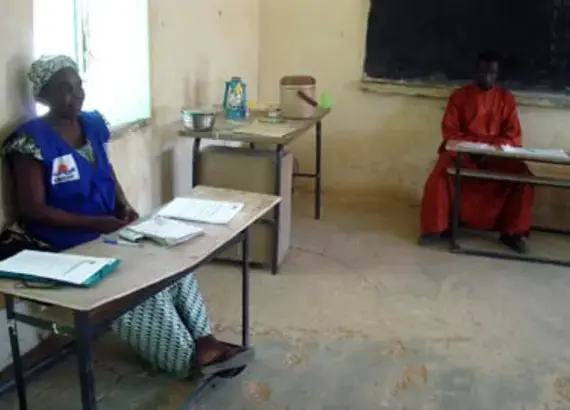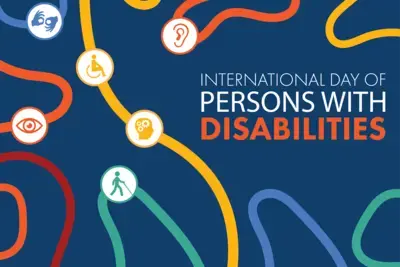
Success Story
Election Monitors Note Minor Problems as Niger Peacefully Elects New President
Peaceful elections in Niger this month received praise from nonpartisan citizen election observers, despite a number of administrative problems surrounding the voting. The presence of the observers, according to international monitors, helped ensure election transparency.
It was the sixth and final time in five months that Nigerien voters have gone to the polls as the country continues its democratic transition after a military coup deposed autocratic president Mamadou Tandja last February. The new, self-appointed military leaders who were running the country pledged to return Niger to civilian rule within 12 months. That process culminated March 12 with a presidential run-off election won by Mahamadou Issoufou of the opposition Nigerien Party for Democracy and Socialism, who received 58 percent of the vote, compared to Seini Oumara of the National Movement for the Society of Development, the party of the deposed president.
NDI supported the Nigerien Association for the Defense of Human Rights (ANDDH) in training 2,025 nonpartisan observers who were stationed in all of Niger’s eight regions on election day, covering 10 percent of voting stations. They were equipped with cell phones and communicated their observations and the results of the vote count to a central database in Niamey, the capital.
In the final weeks of the heated campaign, the Institute also trained 2,200 party poll watchers who were encouraged to train others in their party in an effort to enhance transparency and confidence in the elections.
Based on reports from its observers, ANDDH evaluated the overall voting process positively and commended voters and the National Independent Election Commission (CENI) for adhering to voting rules. But the association also highlighted a number of election administration problems, including late openings of some polling stations, insufficient training of election personnel, sometimes lax verification of voters’ identity, dried out ink used to put fingerprints on ballots, and a lack of information on the location of polling stations.
ANDDH also noted incidents of proxy voting and an elevated number of blank ballots – a sign that some voters chose not to register a preference at all rather than vote for a run-off candidate they had not supported in the first election round.
International observer missions from the European Union and the Economic Community of West African States noted in their statements that the presence of citizen election observers helped to ensure the transparency of the poll.
The results recorded by ANDDH observers tracked closely with the preliminary results published by CENI. ANDDH’s observation data showed a less than 0.5 percent difference from the preliminary results published by the CENI, thereby increasing confidence in the transparency of the vote.
International observers noted that Niger’s peaceful though highly competitive electoral process serves as a positive example for other countries in the region. In stark contrast to the situation in Cote d'Ivoire, Oumarou conceded defeat two days after the results were published and announced that he will respect the choice of the Nigerien people and not contest the results.
Related:
Pictured Above: An ANDDH observer at a polling station in Tillabéri, Niger
Published March 25, 2011



